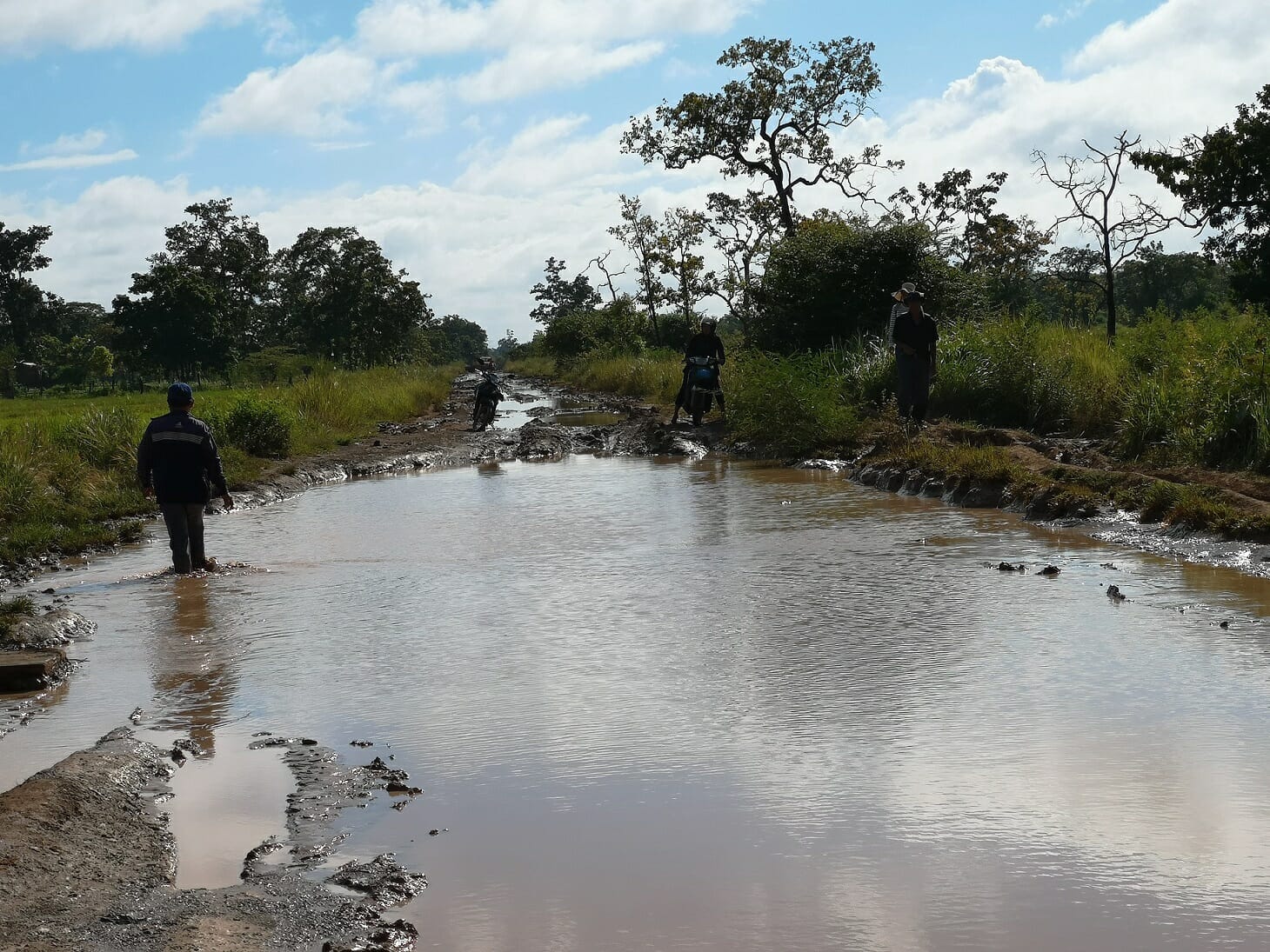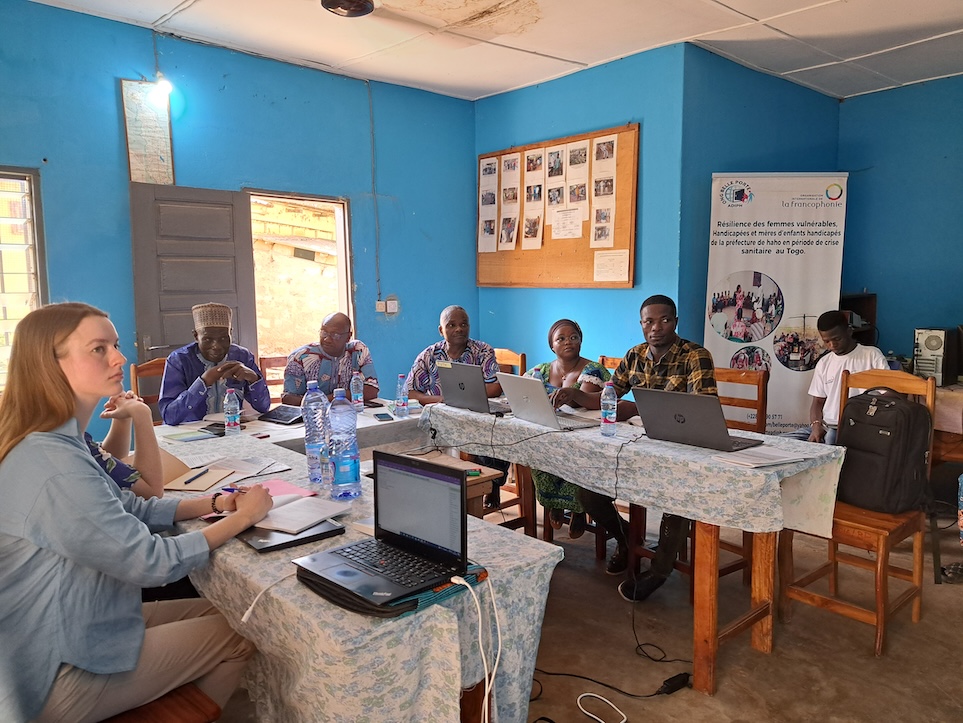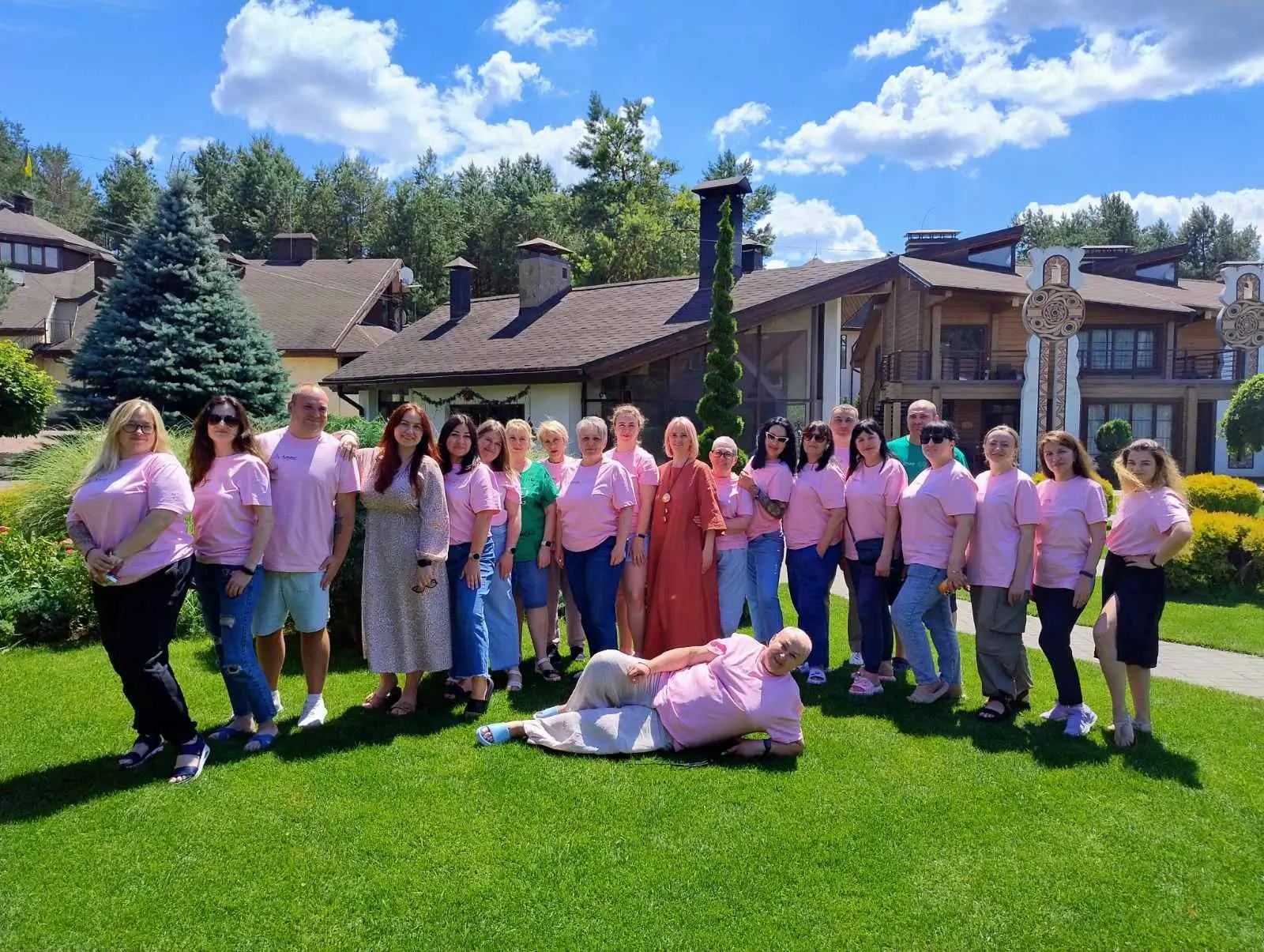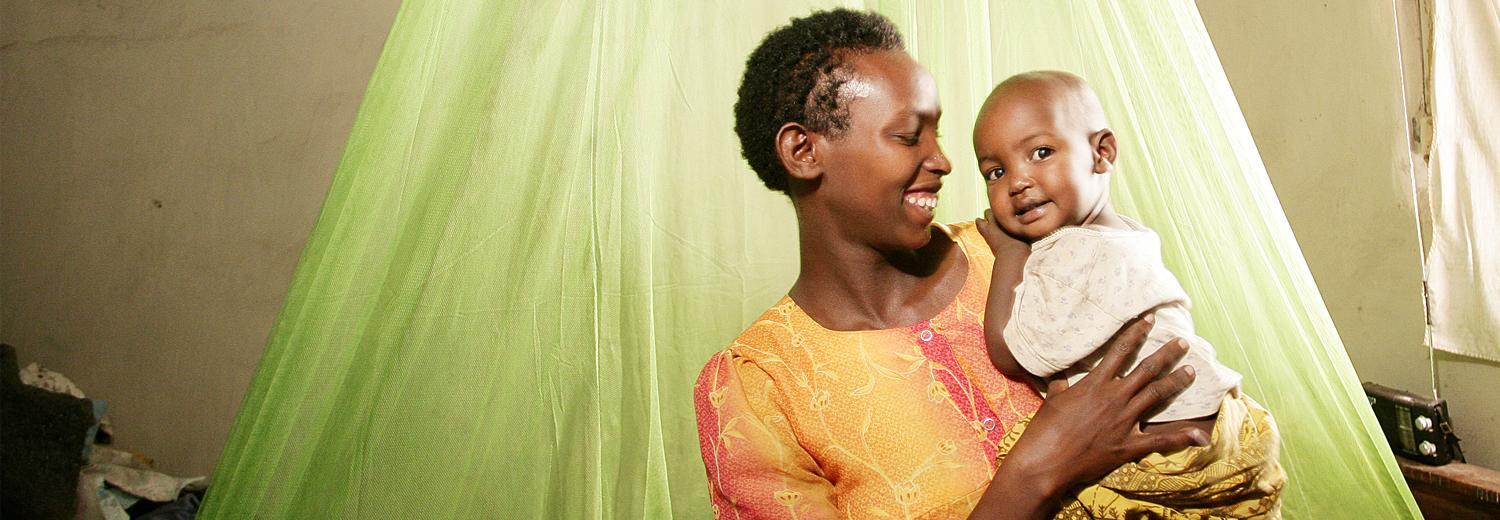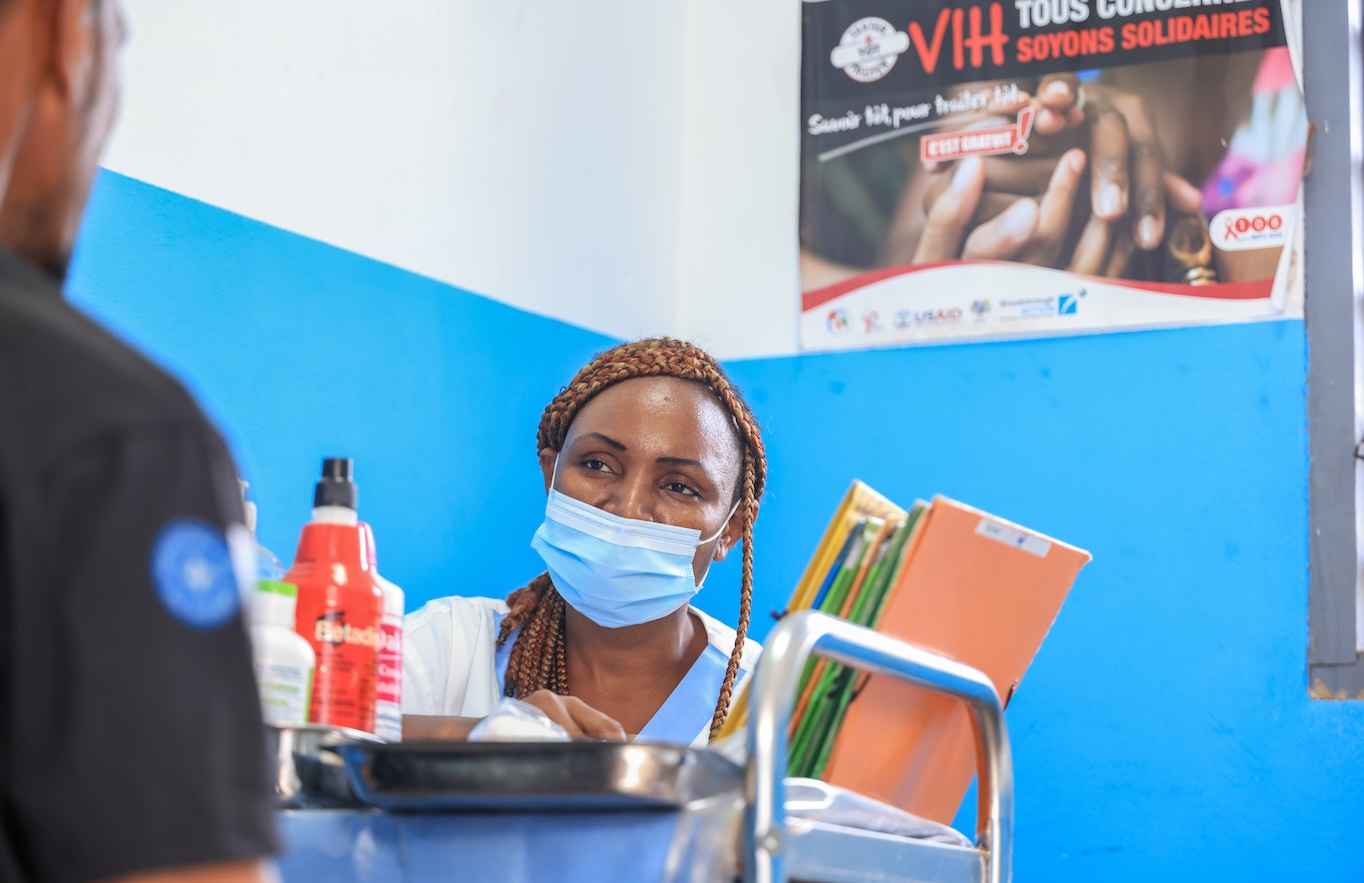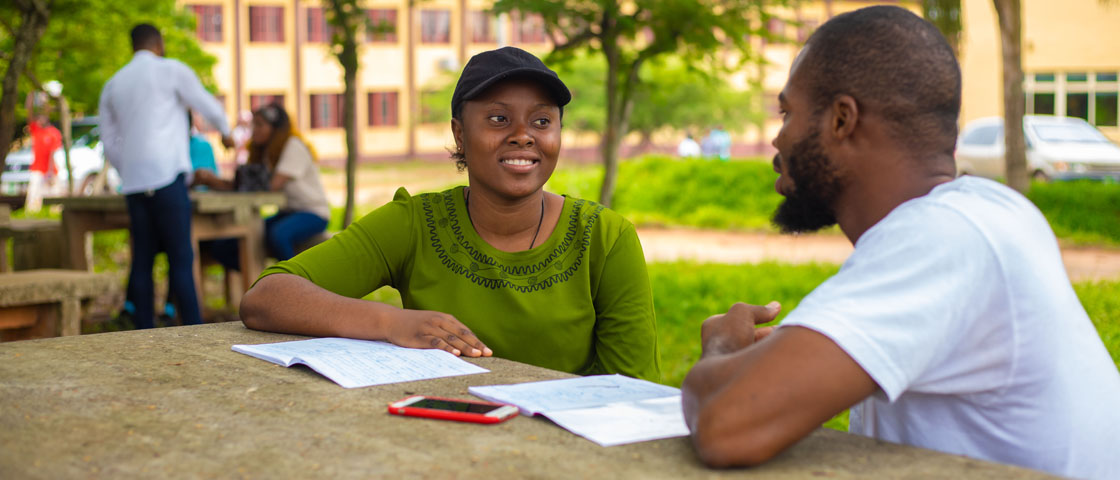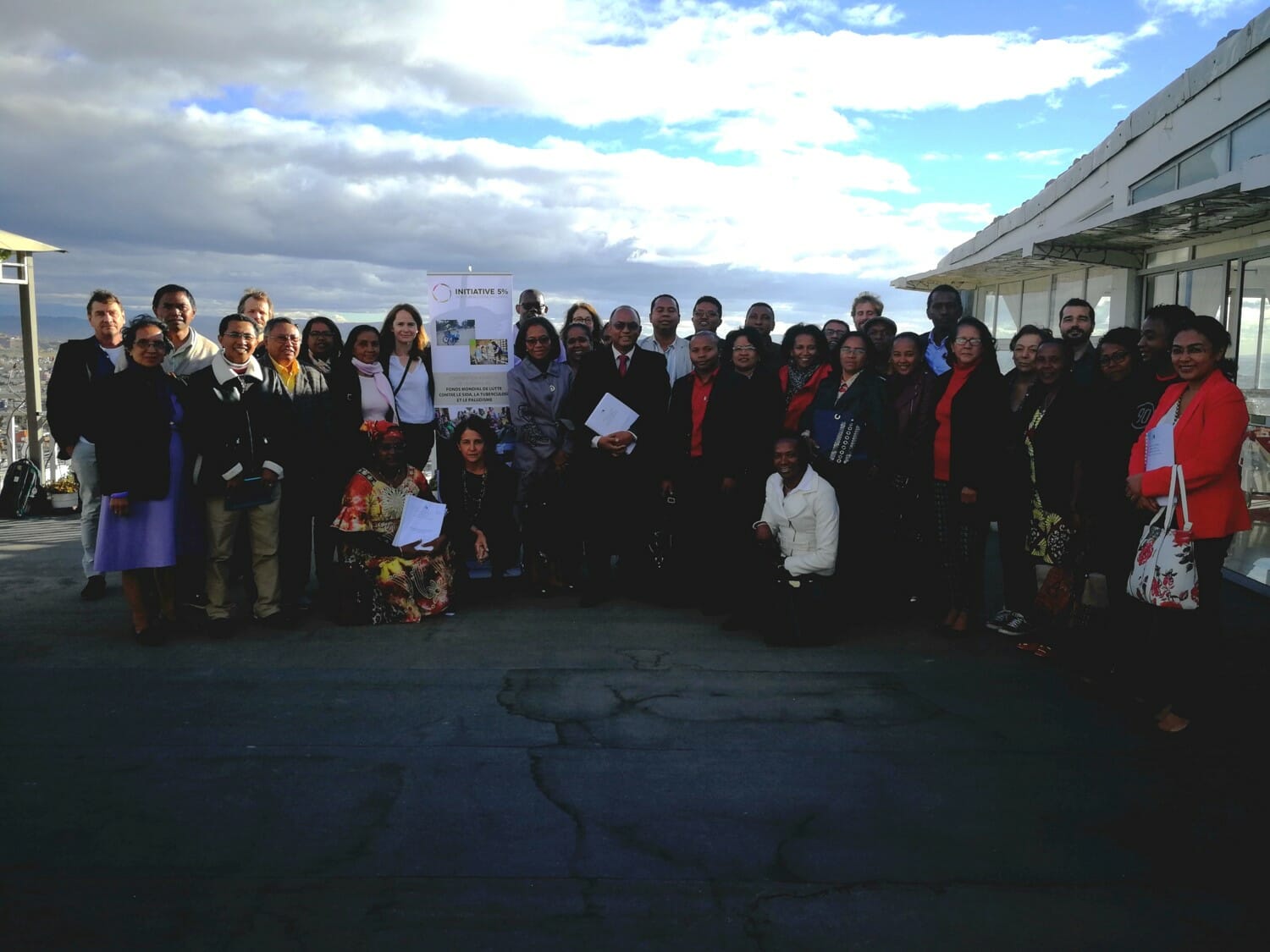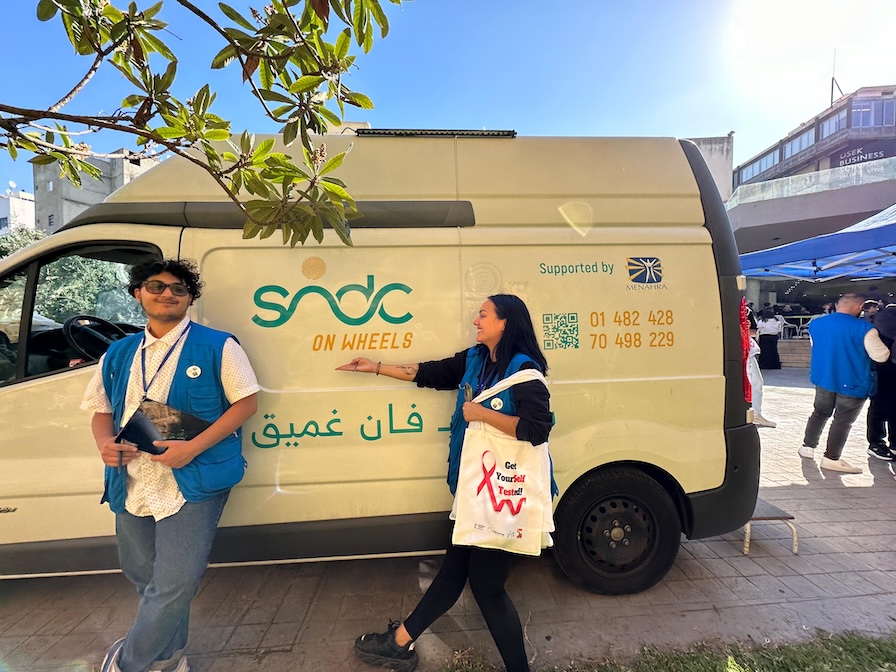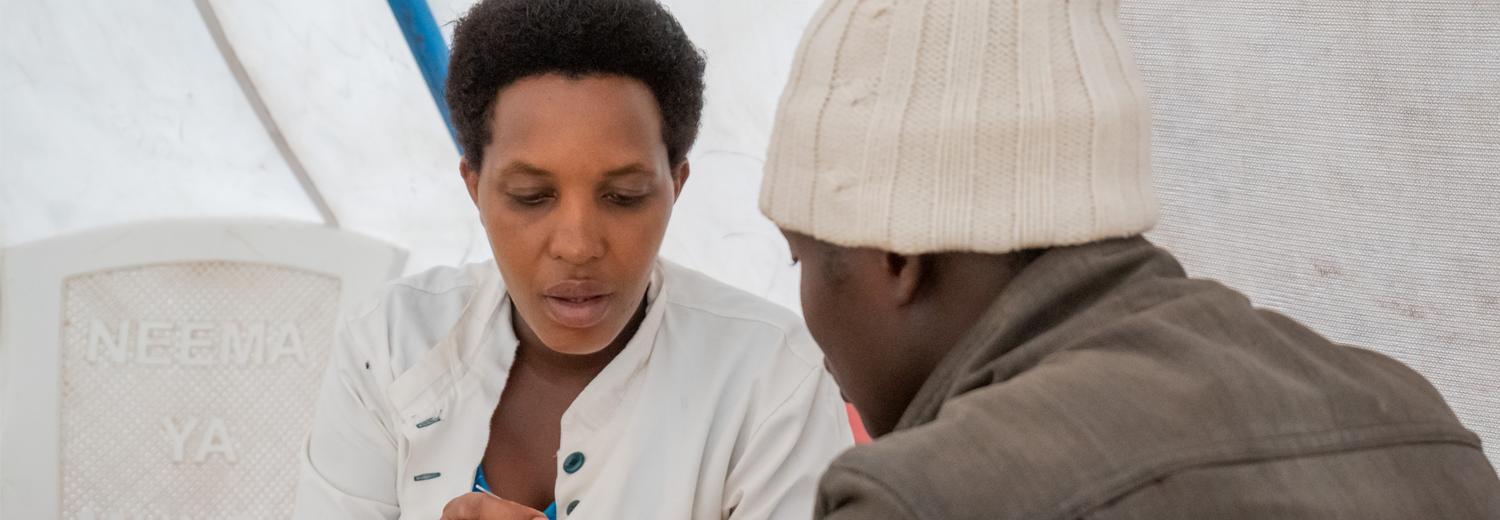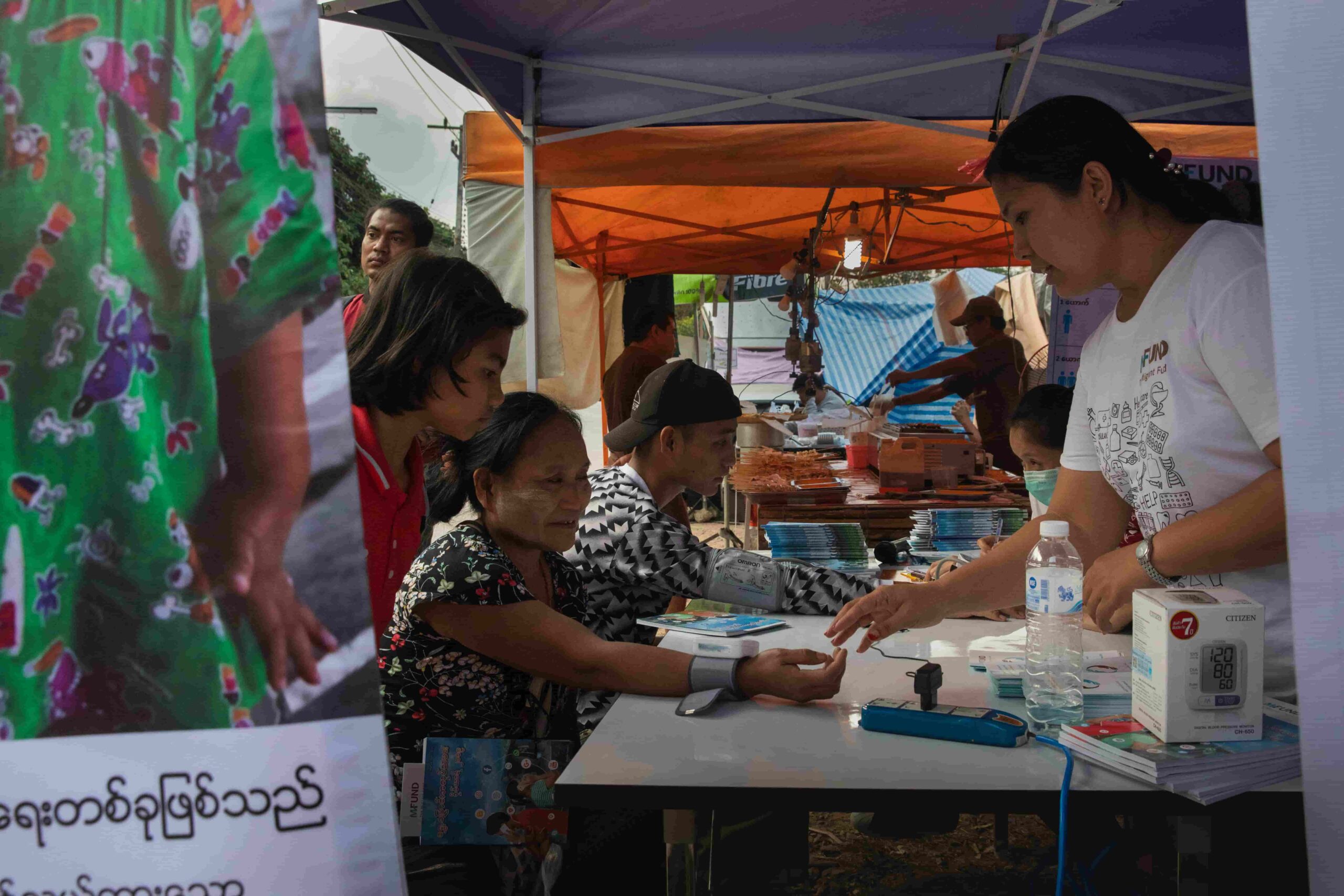DREAMH: supporting the mental health of people living with HIV in Vietnam through community action
DREAMH (Developing a Reinforced Access to Mental Health Care for Key Populations), led by SCDI (Centre for Supporting Community Development Initiatives), marks the third phase of a program supported by L’Initiative for nearly a decade. Originally centered on people who use drugs, it now takes a broader, community-led approach to place mental health at the heart of the HIV response for all key and vulnerable populations. Trang, the program’s manager, explains why mental health has become a central focus.
DREAMH builds on the Saving the “Future projects”. How did you decide to focus on mental health for people living with HIV using community-based screening tools and why did you extend this approach to other key populations?
Nguyen Minh Trang: Our mental health work started many years ago with people who inject and use drugs (PWID/PWUD), one of Vietnam’s most marginalized groups facing the highest mental health burden. The idea came from community reality: high prevalence of issues (depression, anxiety, psychosis) but almost no access to care due to system gaps (few psychiatrists, high stigma, cost).
Community members requested a simple, short screening tool. We co-developed the Quick Screening Tool (QST) with experts to be short, acceptable, and effective for community settings. The model was first tested in the DRIVE-Mind project with PWID, showing powerful results: peer screening was accepted, community support helped retention, and nearly 80% showed clinical improvement after one year. Later, the Saving the Future project confirmed that addressing mental health reduced risk behaviors and improved HIV service effectiveness.
These successes prove that community-based mental health care works in resource-limited settings. With DREAMH, we are now scaling this approach to all key populations affected by HIV, building on a decade of learning and adapting the model. The idea stems from community needs and evidence, not theory, proving that community-led approaches improve lives and support the broader HIV response.
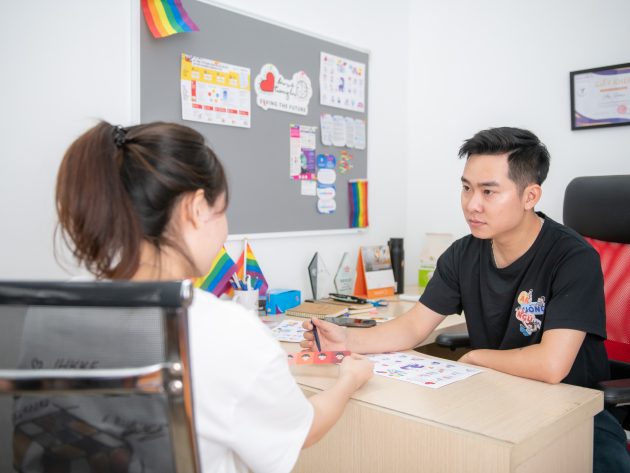
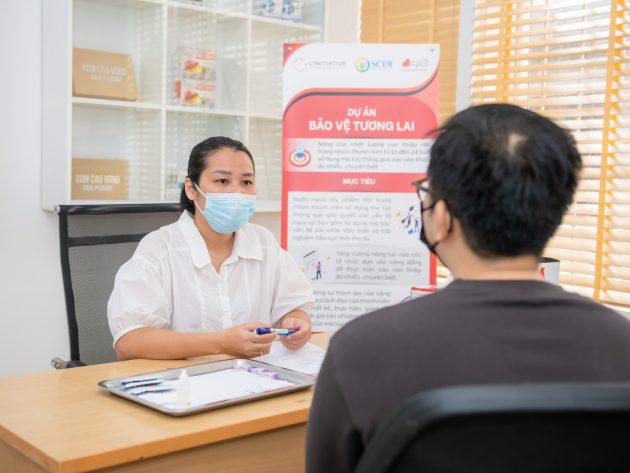
How do you build community-led action networks in a country that is repressive toward people who use drugs, and in a context where limited funding means mental health is not a priority in the fight against pandemics?
Nguyen Minh Trang: Vietnam’s lack of mental health prioritization creates a difficult environment for people who use drugs and supporting organizations. This makes trusted, community-led action networks essential, as they are the only safe way to reach those in need.
Since 2010, SCDI has empowered Community-Based Organizations (CBOs), led by community members (PWUD, sex workers, etc.). Their strength lies in trust and presence, enabling the model’s success under restrictive conditions.
Our three key strategies are :
- Building Capacity Inside the Community: given the scarcity of psychiatrists, we train CBO outreach workers (peers) to use the Quick Screening Tool (QST), counsel, and refer severe cases. This shifts early detection to the safe community level.
- Working Hand-in-Hand with Local Authorities: SCDI’s long-standing relationships with local governments ensure CBOs can operate. Regular meetings promote transparency and cooperation, showing that community management reduces public health crises.
- Designing Low-Cost, Sustainable Interventions: our model is resource-efficient. Peers use the fast QST, and group interventions (like healing circles) are low-cost. We partner with facilities to utilize insurance for affordable medication.
The real constraints prove why a community-led approach is necessary. By empowering peers, cooperating with authorities, and using simple, evidence-based tools, we create action networks that deliver reachable, acceptable, and sustainable mental health care.
How do you take gender into account, and what actions do you use to reduce mental-health treatment inequalities among key populations living with HIV?
Nguyen Minh Trang: We integrate gender considerations through three approaches:
- Gender-responsive tools and Interventions : we design quick screening tools and assessments by recruiting clients from diverse gender identities and subgroups (e.g., transgender, sex workers, PWUD, PLHIV). This ensures the tools reflect the unique mental health needs of women, men, and gender-diverse groups. We disaggregate data to adjust interventions effectively.
- Training on SOGIES and trauma-informed Care: our diverse community outreach workers and provincial psychiatrists receive training on SOGIES (Sexual Orientation, Gender Identity, Expression, Sex Characteristics), trauma-informed care, recognition of gender-specific risks (e.g., gender-based violence, stigma), gender-affirming practices. This improves safety and care quality.
- Reducing Inequality via accessibility: marginalized groups (e.g., transgender women, sex workers) often avoid services due to stigma or fear. Our community-led approach delivers services in safe community settings. CBOs screen, counsel, and accompany clients. For financial hardship, DREAMH covers costs like insurance and transportation. We also offer targeted support groups (e.g., women’s circles, transgender sessions) for affirmation.
The ultimate goal is simple: no one should be excluded from mental health care due to gender, identity, profession, or HIV status. Our system starts in the community, respects dignity, and adapts to lived realities.

